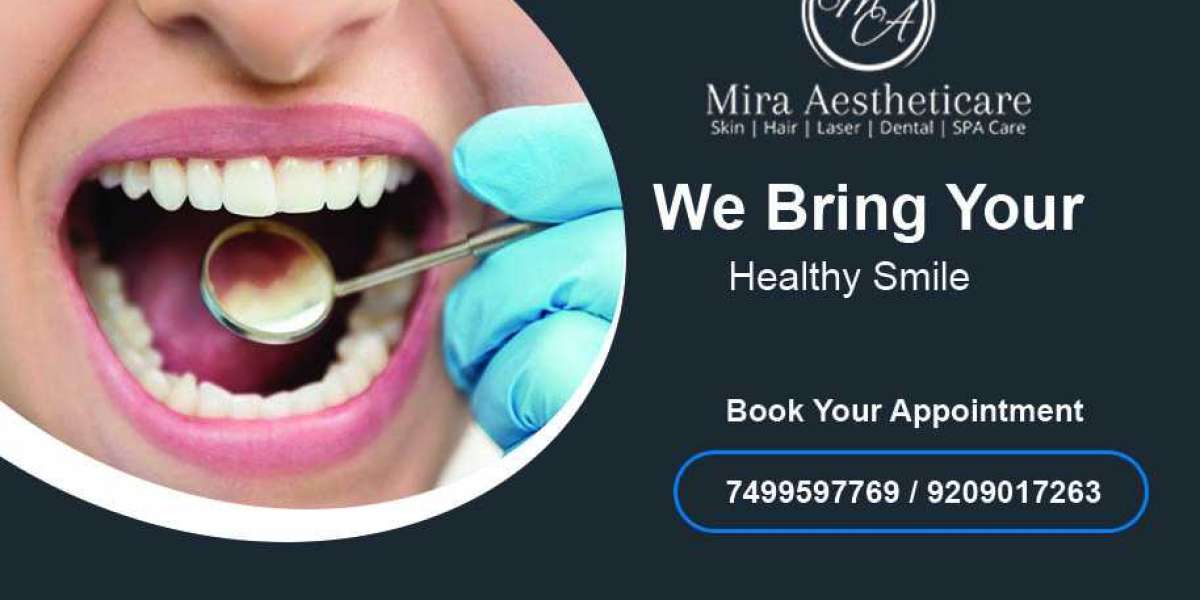What Causes Tooth Decay?
Tooth decay is one of the most common dental problems, yet many people are unaware of what it is or how to treat it. This article will provide an overview of tooth decay, its causes, and treatment options.
Symptoms of Tooth Decay
Tooth decay can cause a number of symptoms, including the likes of
- Pain when eating or drinking hot, cold, or sweet foods and drinks
- Visible holes in your teeth
- Black or brown staining on your teeth
- Pain when biting down on your teeth
- Gum inflammation and bleeding
- Bad breath
Dentists and Tooth Decay
See your dental office regularly so that early-stage tooth decay can be treated as soon as possible and prevention of tooth decay can begin. Cavities are much easier and less expensive to treat in the early stages. Dentists can usually detect cavities and other problems with a simple exam or x-ray.
Treatments for Tooth Decay
Just because you have a cavity (or two) doesn’t mean you’re destined for a life of dental nightmares! There are a range of treatment options available to you, depending on the severity of the decay. Let’s go through them in more detail.
Fluoride treatments
Fluoride treatments are a type of dental treatment that helps to prevent tooth decay. Fluoride is a mineral that is found in many foods and water supplies, and it helps to keep teeth healthy and strong. Fluoride treatments can be done in a dentist’s office or at home, and they can help to protect teeth from cavities and other problems.
Dental fillings
Dental fillings are used to treat tooth decay, which is the breakdown of the tooth enamel due to acid. Bacteria in the mouth produce this acid that causes cavities. Fillings are used to fill in the cavities and prevent further decay. There are several different types of fillings, including amalgam (silver), composite (tooth-colored), and gold.
Dental crowns
Dental crowns are a type of tooth restoration that covers the entire tooth surface above the gum line. They are used to treat tooth decay, as well as to protect teeth that are at risk of decay. Crowns can also be used to improve the appearance of teeth that are discolored or misshapen. As explained earlier, tooth decay is caused by bacteria that produce acids that eat away at the tooth enamel. The best way to treat tooth decay is to remove the decay and then place a dental crown over the tooth.
Root canal therapy
Root canals are a type of dental procedure used to treat tooth decay. The procedure involves removing the damaged or infected tissue from the tooth, as well as the nerve and blood vessels. Root canals are usually performed by dentists, but can also be performed by oral surgeons. The procedure can be performed on both adults and children and is usually covered by dental insurance.
Extractions
If the tooth is too badly decayed to the point that it cannot be restored, it may need to be removed. Your dentist may be able to replace the tooth with a partial denture, bridge, or implant.
Preventing Tooth Decay
Tooth decay is a common problem that can lead to a number of serious dental health issues. It is important to take steps to prevent tooth decay, as it can be difficult to treat once it has developed. There are various preventative dental services available, but here are a few you can incorporate into your routine today.
- Visit your dentist regularly
- Cut down on sugary foods
- Brush and floss your teeth regularly
- Avoid tobacco use
How Plaque Causes Tooth Decay
Tooth decay is caused by plaque, a sticky film of bacteria that forms on teeth. Bacteria in the plaque produce acids that eat away at tooth enamel, the hard outer layer of the tooth. If tooth decay is not treated, it can lead to cavities.
Once cavities have formed in the enamel, plaque and bacteria can reach the dentin (the softer, bone-like material beneath the enamel). Because dentin is softer than enamel, the process of tooth decay accelerates.
Without treatment, bacteria invade the pulp (the soft center of the tooth that contains nerves and blood vessels). At this stage, the nerves are exposed to bacteria, which usually causes pain in the tooth.
The bacteria can cause an abscessed tooth in the pulp, and the infection can spread to the bone and cause another type of abscess.
Risk Factors for Tooth Decay
There are many risk factors for tooth decay, including poor oral hygiene, a high-sugar diet, and dry mouth. Here are a few other common risk factors for tooth decay:
Location of the tooth
Often, it’s the back teeth most at risk, due to their many grooves and pits which can collect food particles and contribute to plaque build-up if not thoroughly cleaned.
Not enough fluoride.
Fluoride is a naturally occurring mineral, which helps prevent tooth decay and can even reverse the earliest stages of tooth damage!
Heartburn
Heartburn or gastroesophageal reflux disease can cause stomach acid to flow into the mouth, which wears away enamel and causes significant damage to teeth. This exposes more dentin to attack by bacteria, leading to tooth decay. Your dentist may recommend that you see a specialist to determine if gastric reflux is the cause of your enamel loss.
Eating disorders
Stomach acid produced by repeated throwing up washes over teeth and begins to dissolve enamel. Eating disorders can also affect saliva production and dry mouth? You guessed it, another risk factor for tooth decay.
Need Help with Tooth Decay?
There are a number of ways to treat tooth decay, but the best way to prevent it is to practice good oral hygiene and to be aware of the foods you eat that can contribute to it. If you think you may have a problem with tooth decay, it is important to seek professional dental help. Find the mira aestheticare location nearest you, and then book an appointment!
Our Address
Mira Aestheticare
108, 1st Floor, Revolution Complex Station Road,
"E" Ward, Next to Pedestrian Bridge
Kolhapur - Maharashtra 416001
miraaestheticare@gmail.com
Tel: 7499597769 / 9209017263








